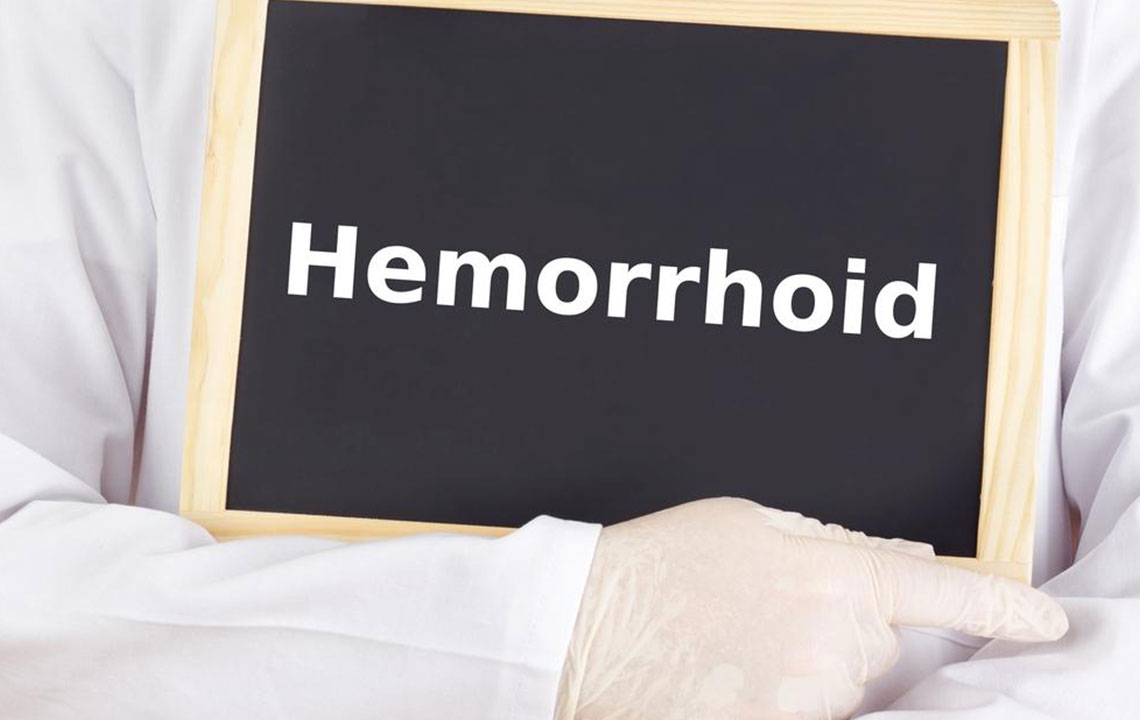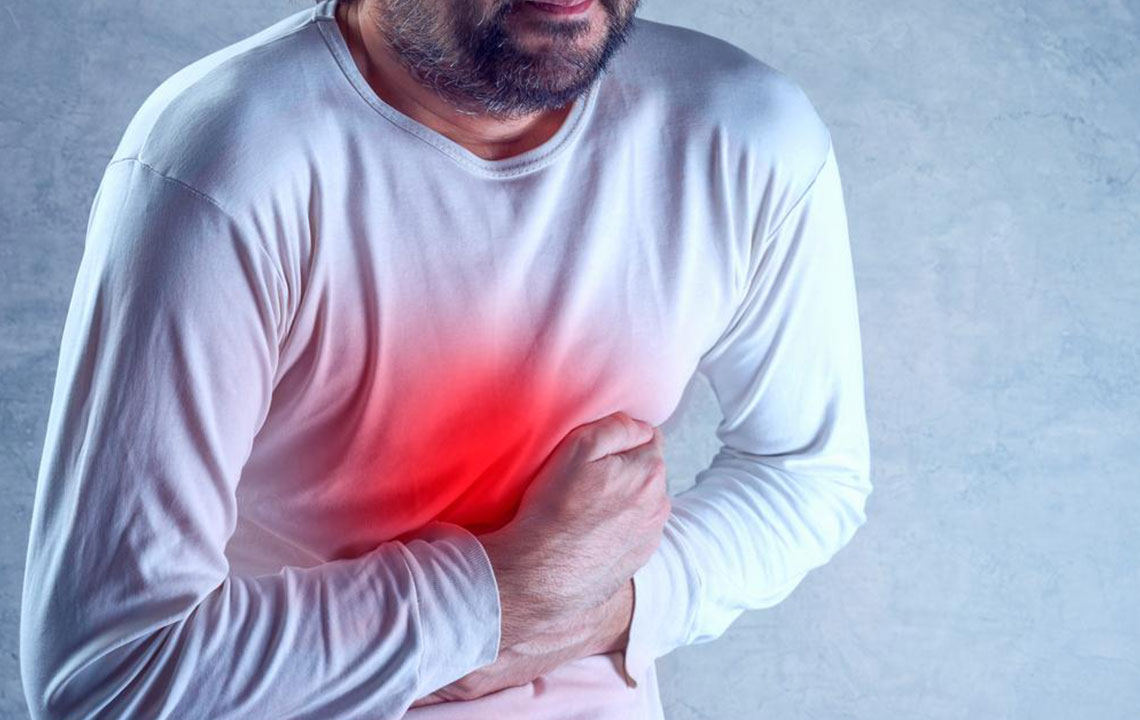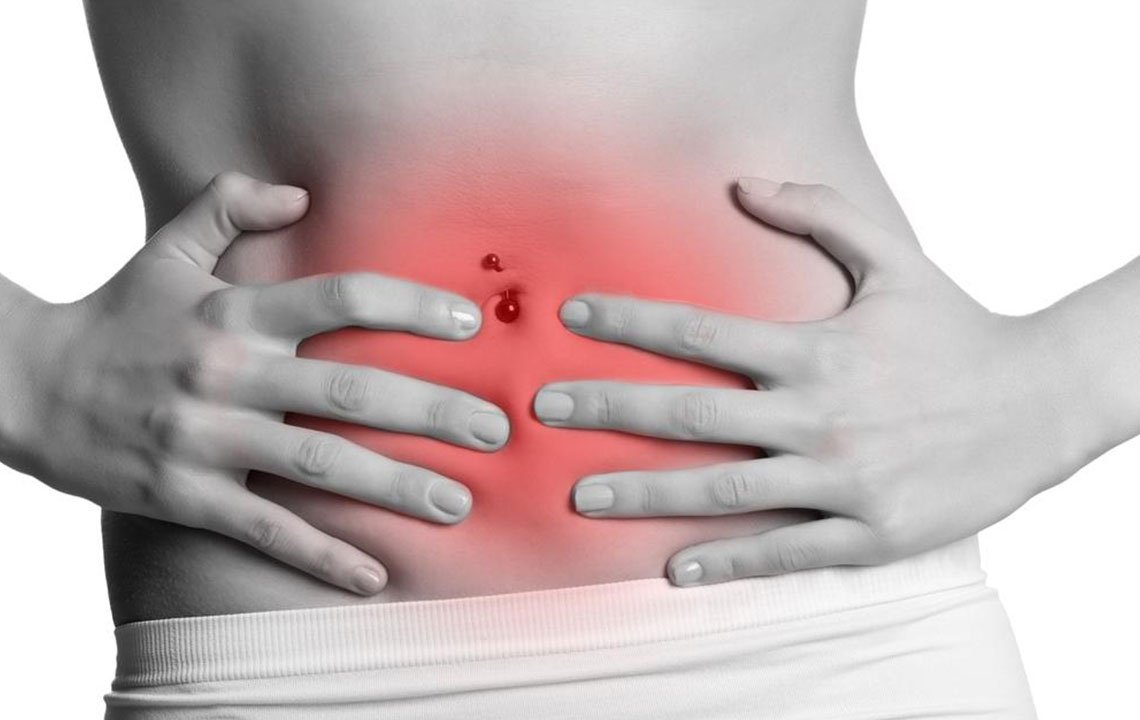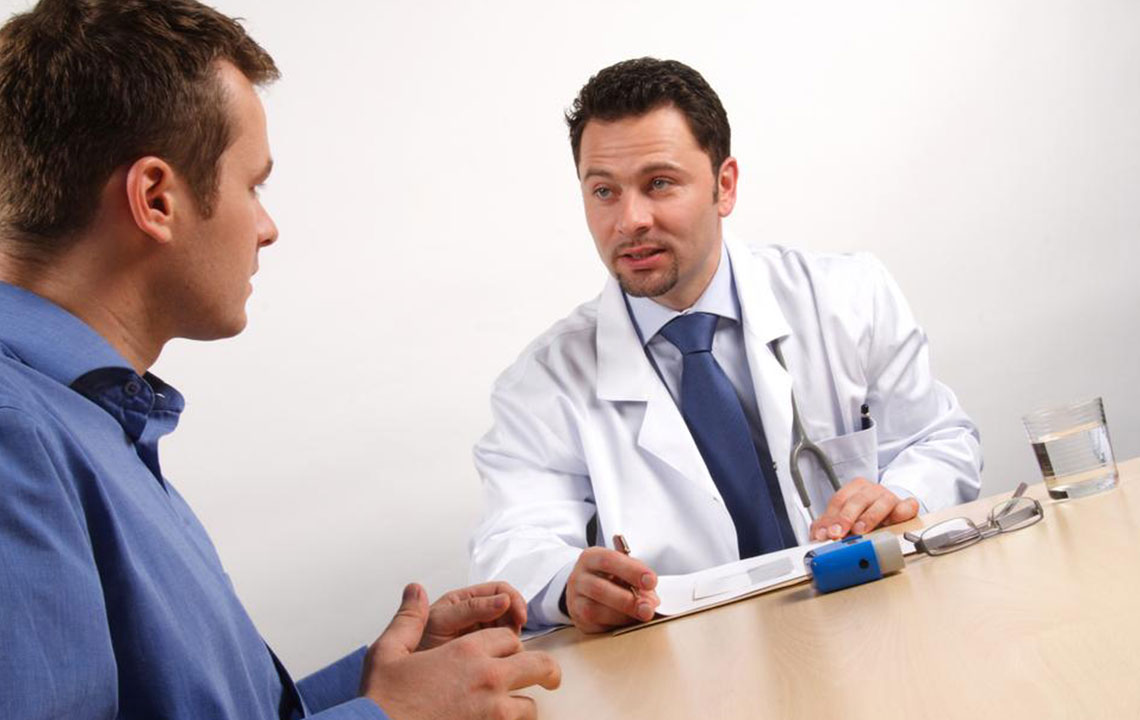Effective Strategies to Relieve Hemorrhoid Discomfort
Discover effective ways to treat hemorrhoids with home remedies and medical procedures. From dietary adjustments to minimally invasive techniques, find relief quickly. Learn about symptoms, treatments, and when to seek medical help for persistent cases, ensuring quick recovery and comfort.

Effective Strategies to Relieve Hemorrhoid Discomfort
Hemorrhoids are a widespread condition affecting many adults, characterized by swollen veins in the anal or lower rectal area. Similar to varicose veins, these enlarge and twist. Often, the exact cause remains unknown, but factors like pregnancy-related pressure or straining during bowel movements play a role. Fortunately, numerous treatment options are available to manage hemorrhoids effectively, making relief accessible for most sufferers.
Common symptoms of hemorrhoids include:
Itchy, irritating sensations around the anal area, signaling the need for prompt treatment.
Swelling and pain in the region, leading to discomfort.
Bright red bleeding during bowel movements, noticeable on toilet tissue or in the toilet bowl.
Possible lumps or bumps near the anus indicating thrombosed hemorrhoids.
Home remedies can significantly alleviate symptoms, sometimes providing complete relief. These include:
High-fiber diet: Incorporate fruits, vegetables, and whole grains to soften stool and reduce strain during bowel movements.
Sitz baths: Soaking the anal area in warm water 2-3 times daily can ease itching and pain.
Hygiene practices: Keep the area clean with warm water, avoiding alcohol or perfumed wipes.
Gentle cleaning: Use moist wipes instead of dry toilet paper to prevent irritation.
Pain relief: Short-term use of OTC painkillers like acetaminophen, aspirin, or ibuprofen can help manage discomfort.
Following these remedies consistently can lead to effective hemorrhoid management within a week. For more persistent cases, medical treatments are available.
Medical options include:
OTC treatments: Creams, ointments, suppositories, or pads can provide temporary relief for mild cases.
External hemorrhoid removal: A doctor may perform a minimizer procedure called thrombectomy to remove blood clots, ideally within 72 hours of formation.
Minimally invasive procedures: For ongoing symptoms, options like rubber band ligation (cutting off circulation), sclerotherapy (injecting chemicals to shrink hemorrhoids), or coagulation (using laser or infrared to harden tissue) may be recommended.
Surgical interventions: Larger or persistent hemorrhoids may require procedures such as hemorrhoidectomy (removal of tissue) or stapled hemorrhoidopexy, which reduces blood flow. These are performed under anesthesia and may require hospitalization.










